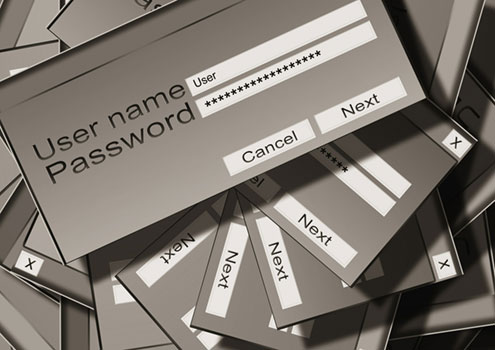After attending the Office for Civil Rights (OCR) annual webcast, many things were confirmed that we thought may have been rumors. First of all, medical offices are targets of hacking because you hold everything needed for identity theft.
What is identity theft? Most people think of it as their credit card being stolen, or even their tax returns. True, that is identity theft but there is also another component that is not often talked about. That is, assuming someone else’s identity for health care purposes. Imagine someone assumes your identity and has a surgery and “corrects” your medical record and changes your blood type. Then, you are involved in a car accident and receive a blood transfusion but it’s the WRONG blood. Yes, this can happen. We are not sure how often, but with the rise of medical records being stolen we could see this happen more often. Knowing where your data is located and how it is stored is a starting point in protecting this valuable information. Conducting a risk analysis and having an ongoing risk management is mandatory under HIPAA. During this process you will uncover potential vulnerabilities. Once you mitigate these risks, you may be able to avoid a data breach.
Protecting yourself and your organization is one in the same. Practice these safety tips at work and at home:
- Make sure your operating system updates are current as well as your anti-virus and anti-malware.
- Scan for viruses and malware after every update.
- If you use personal devices to access ePHI or work files, be sure to use enterprise versions of anti-virus and anti-malware. Free versions typically are not robust enough.
- NEVER use free Wi-Fi even if you are not accessing any patient information. You could pick up malware from someone that has spoofed the Wi-Fi network that you thought you were logging into.
- NEVER click on links within emails that claim to be urgent or a free offer of some type. Typical phishing expeditions start in this manner. After you click, they ask for certain information they are lacking about you or they may ask for everything! Sometimes, this is merely a tactic to get you to go to a certain website and place malware on your computer and you never even know it.
- NEVER click on a link within an email asking you to verify your identity. You wouldn’t show a stranger on the street your driver’s license just because they asked to see it, then why would you “verify” your identity with someone invisible in your email? Again, this is how spear phishing starts.
- NEVER click on an attachment within an email unless you are expecting it, even if you know the person that sent it. Their email could have been hacked and you are being spoofed into thinking it is from them. This includes messages from FedEx, UPS, and the IRS. Best practices is to open your web browser and go to their website and sign in.
- NEVER click on links in text messages unless you are expecting one, such as you just signed up for text messages from a service provider. Bank customers are being spoofed into clicking on links in text messages and taking you to what looks like your bank. Guess what… it’s NOT your bank but looks like it!
I have said this before… the World Wide Web (WWW) is the new Wild Wild West. The only difference is, in the old wild wild west you could see danger coming on the horizon and prepare. The World Wide Web, the dangers are there, but they are invisible.
Be safe out there!
To find out more about how our automated HIPAA compliance platform can help your organization click here:
https://arismedicalsolutions.com/aris-hipaa-service-automated-platform/
Or to schedule a demo click the contact us tab and scroll down.
“Simplifying HIPAA through Automation, Education, and Support”




